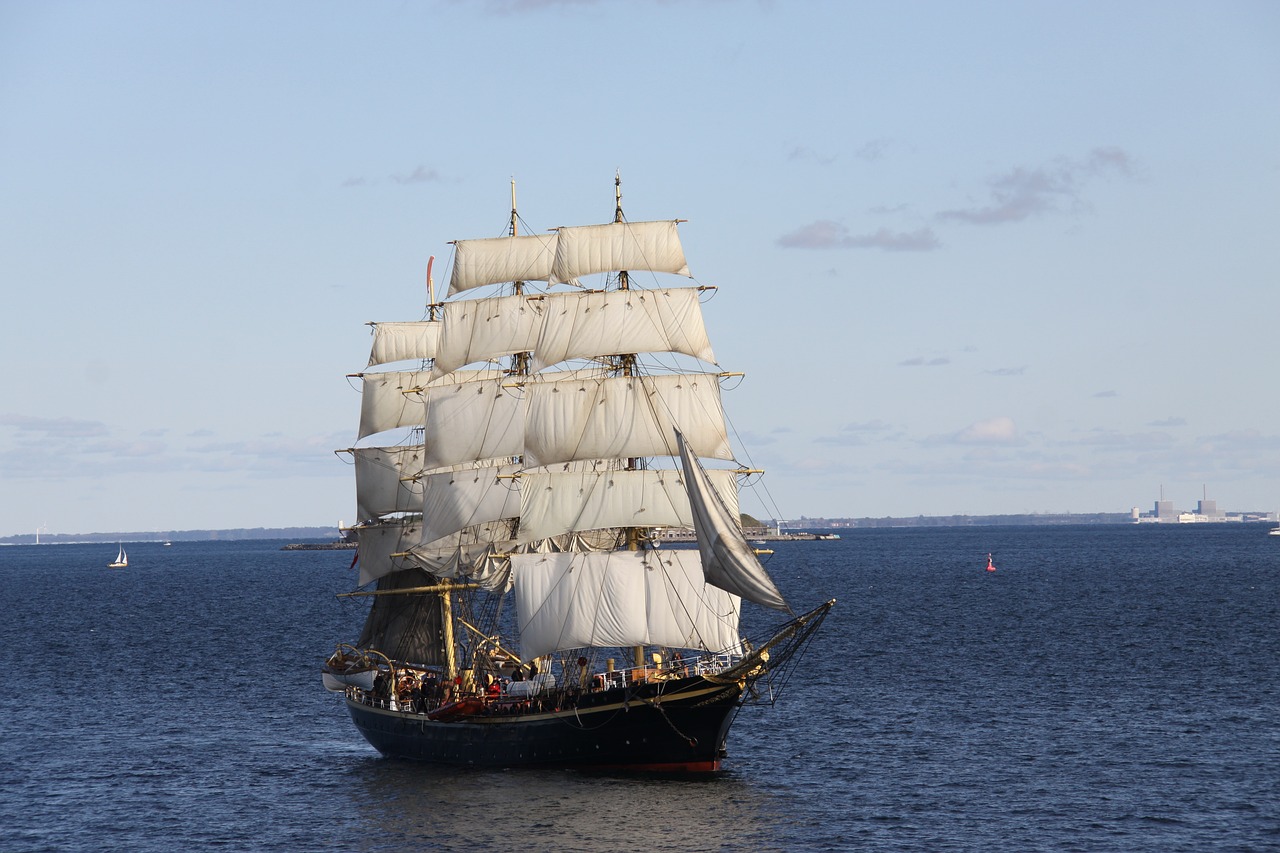
Christopher Columbus remains one of the most polarizing figures in history. Celebrated for his voyages across the Atlantic that opened the New World to European exploration, he is also criticized for his role in the subsequent exploitation and destruction of indigenous cultures. This duality of admiration and condemnation reflects the complexity of his legacy.
Born in Genoa, Italy, around 1451, Columbus was the son of a wool weaver. His early years were spent in maritime endeavors, working as a sailor and later as a navigator. His experiences in the Mediterranean and the Atlantic gave him a solid foundation in seafaring. By the early 1480s, Columbus had formulated his ambitious plan to reach Asia by sailing westward. He believed that by crossing the Atlantic, he could find a more direct route to the riches of the East Indies—spices, silks, and other valuable goods.
Columbus’s quest for support was initially met with skepticism. Many scholars of the time believed that the voyage would be impossible due to the vast distance and the uncharted nature of the Atlantic. However, Columbus found a key patron in Queen Isabella and King Ferdinand of Spain. They were motivated by the potential economic benefits and the desire to compete with other European powers like Portugal, which was establishing a sea route to India around Africa.

In August 1492, Columbus set sail with three ships—the Niña, the Pinta, and the Santa Maria. After a tense journey marked by dwindling supplies and crew discontent, Columbus and his crew landed in what is now the Bahamas on October 12, 1492. Columbus believed he had reached the outskirts of Asia, calling the inhabitants “Indians” and the land “the Indies.” He made subsequent voyages to the Caribbean, including present-day Cuba and Hispaniola, but he never realized he had encountered a new continent.
It is impossible to consider the potential ramifications a Discoverer/Explorer’s success can generate. Columbus’s voyages marked the beginning of extensive European exploration and colonization of the Americas. His expeditions paved the way for the Spanish Empire’s vast territorial claims in the New World, profoundly altering the course of history. Yet, this era of exploration came at a significant cost. The arrival of Europeans led to the decimation of indigenous populations due to disease, warfare, and exploitation. Columbus himself was implicated in these developments. His governance of Hispaniola was marked by brutal policies and conflicts with indigenous peoples, leading to his eventual recall to Spain in chains in 1500.
Despite his controversial legacy, Columbus’s achievements cannot be denied. His voyages were instrumental in bridging the Old World and the New World, facilitating a global exchange of goods, cultures, and ideas known as the Columbian Exchange. This exchange had profound impacts abroad: it introduced new crops and livestock to different continents, altered diets, and accelerated technological and scientific advances.
The legacy of Columbus is a subject of ongoing debate. In the centuries following his voyages, he was lionized as a hero of exploration. Statues were erected, and holidays were established in his honor. However, the 20th and 21st centuries have seen a reevaluation of his role and impact. Critics argue that celebrating Columbus without acknowledging the consequences of his actions is an oversimplification. The narrative of discovery, they argue, should include the suffering and displacement experienced by indigenous peoples.
Modern perspectives often advocate for a more nuanced understanding of Columbus. His voyages should be viewed within the broader context of European imperialism and the complex interactions between different cultures. While Columbus’s journeys were undeniably significant, they were also part of a larger process of colonization that had far-reaching and often devastating effects on the indigenous peoples of the Americas.

In recent years, some have called for the removal of Columbus Day from the American calendar, advocating instead for Indigenous Peoples’ Day to honor and recognize the cultures and histories that existed long before European arrival. This shift represents a broader trend toward reexamining historical narratives and acknowledging the diverse experiences and contributions of different groups. Fortunately, for history’s sake, Columbus Day still exists. It is celebrated on October 14, 2024, of this year, as well as Indigenous Peoples’ Day. (The second Monday in October every year.)
Columbus’s story is a reflection of humanity’s complex relationship with exploration and conquest. It underscores the tension between the pursuit of knowledge and the ethical implications of discovery. As we grapple with these issues, it is essential to approach Columbus’s legacy with a critical eye, recognizing both his role in shaping history and the profound consequences of his actions for indigenous peoples.
In conclusion, Christopher Columbus stands as a symbol of both exploration and exploitation. His voyages reshaped the world, but they also set in motion a series of events that led to significant suffering for many. Understanding Columbus’s legacy requires acknowledging this duality—appreciating the advancements made possible by his journeys while also confronting the darker aspects of his impact. By doing so, we gain a more complete picture of history and its ongoing implications for our world today.
For those of you who are enamored with the complexities of the wooden sailing ships of old, check out the 3D puzzles I have for sale. Click on the Link Below to look around:
https://rushpetsandiy.com/product-category/crafts-and-diy/3d-puzzles/






